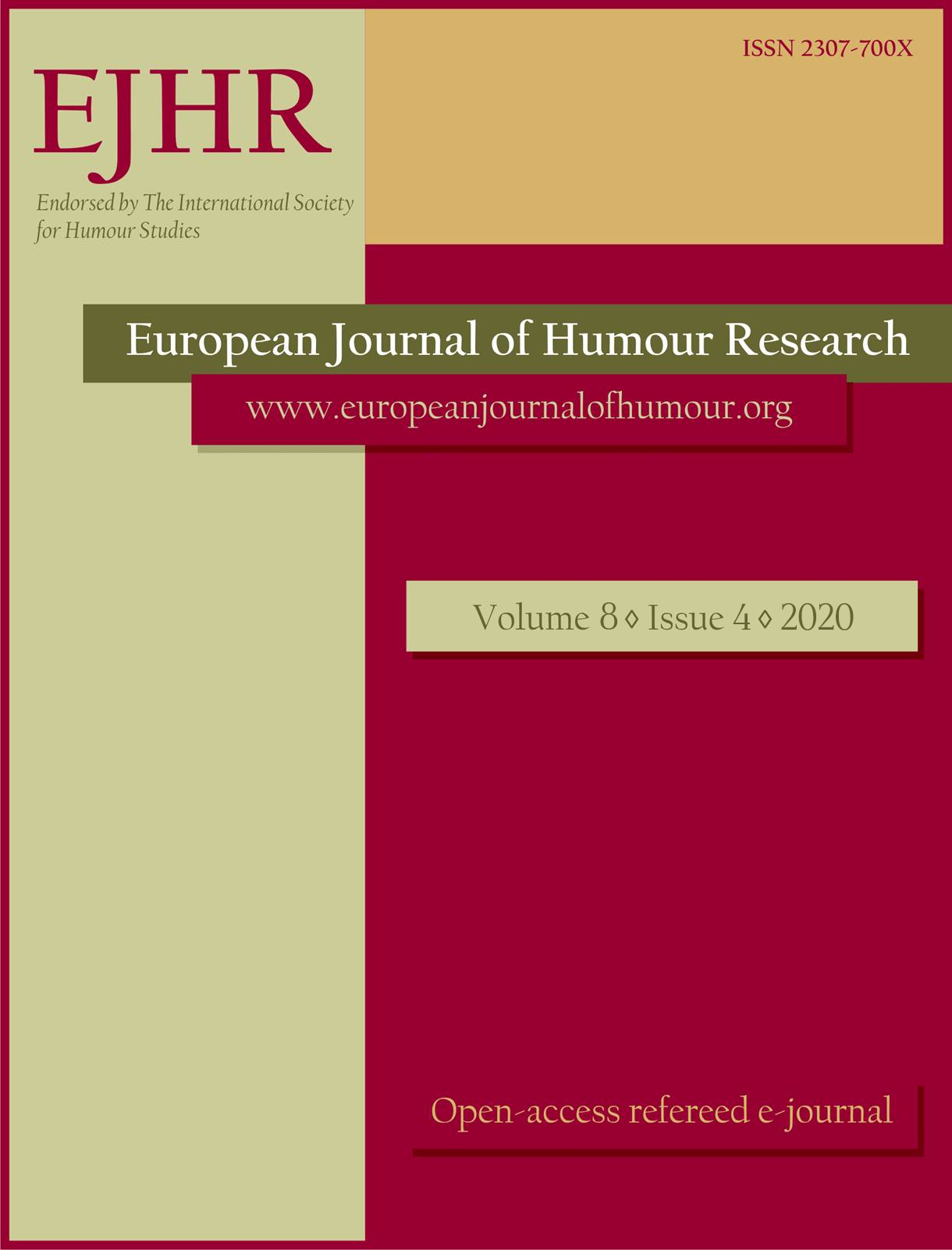De-Anglicising humour studies
De-Anglicising humour studies
Author(s): Cliff GoddardSubject(s): Semantics, Pragmatics, Comparative Linguistics, Sociolinguistics
Published by: Krakowskie Towarzystwo Popularyzowania Wiedzy o Komunikacji Językowej Tertium
Keywords: humour concepts; Anglocentrism; Minimal English;lexical semantics;
Summary/Abstract: This Commentary has two main aims. The first is to argue that systematic approaches to “humour” have been hampered and skewed by terminological Anglocentrism, i.e. by reliance on terms and categories which are English-specific, such as ‘amusing’, ‘joking’, ‘serious’, and ‘mock’, and even by the banner term ‘humour’ itself. Though some humour scholars have recognised this problem, I contend that they have under-estimated its severity. Anglocentric terminology not only interferes with effective communication within the field: it affects our research agendas, methodologies and theoretical framings. Needless to say, humour studies is not alone in facing this predicament, which at its largest can be described as the global Anglicisation of humanities and social science discourse.While calls to make humour studies more conceptually pluralistic are laudable, they cannot fully succeed while ‘full’ Anglo English remains the dominant scholarly lingua franca. The second aim of this paper is to argue that considerable progress can be made by “de-Anglicising English” from within, using a newly developed approach known as Minimal English. This allows re-thinking and re-framing humour terminology and agendas using a small vocabulary of simple cross-translatable English words, i.e. words which carry with them a minimum of Anglo conceptual baggage. For illustrative purposes, I will discuss how complex terms such as ‘wit, wittiness’ and ‘fantasy/absurd humour’ can be clarified and de-Anglicised using Minimal English.
Journal: The European Journal of Humour Research
- Issue Year: 8/2020
- Issue No: 4
- Page Range: 48-58
- Page Count: 11
- Language: English

